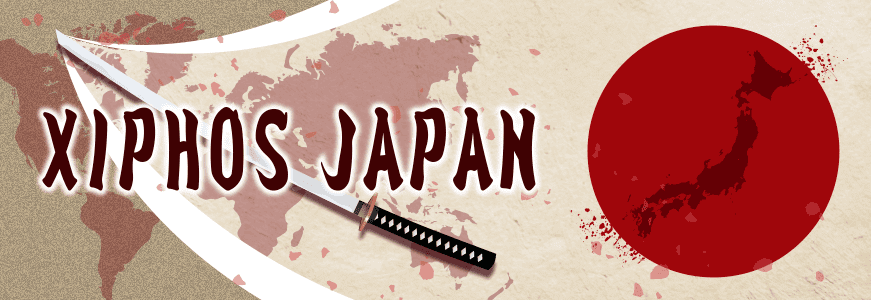
I think it’s not uncommon to see news that the Japanese medical system will collapse. In addition to the effects of the declining birthrate and aging population, thanks to the development of medical technology, life expectancy has increased dramatically, and it is now possible to live to an advanced age that is said to be 100 years old.
However, there are no creatures in this world that can live forever, and not only humans, but all living things have a lifespan. Today, Japan boasts the longest life expectancy in the world, but just 100 years ago, the average life expectancy was about 50 years.
Perhaps from a biological scientific point of view, around 50 years may be the borderline where people can live comfortably without relying too much on medical care, without getting sick or needing help from others.
It may be possible to extend this comfort period with nutritious comfort foods and evidence-based training, but even so, most people find it difficult to live their entire lives “medically-free.” I can say
While the number of people who want or need medical care is increasing year by year, the number of young people who support it is decreasing, and there is no stopping it. If this situation continues, the financial situation will eventually collapse. In recent years, the application of insurance services similar to those for Japanese people to foreigners who do not have Japanese nationality has also been viewed as a problem. In Japan, it becomes commonplace, and it is difficult to understand the fact that we are enjoying medical care that is unparalleled in the world and is kind to our wallets. Aiming for Japan to be able to receive high-quality medical care on a low budget, it is necessary to take immediate measures against foreigners who abuse the insurance system.
In any country, it is natural to put the native people first and treat foreigners harshly. It is common for people to refuse treatment because they do not have insurance that covers medical expenses even if they are rushed to the hospital.
About 30 years ago in Australia, Medicare (Japan’s National Health Insurance), which is currently paid only to citizens and permanent residents, was applied for and paid for working holiday visas and student visas. However, due to the increase in immigrants and the increase in temporary visa holders year by year, financial resources have become difficult, and it has become impossible to enroll in Medicare even for working holiday visas, student visas, and business visas (visa that can be sponsored by companies and can work). up to now.
In the case of Japan, not only business visas and students, but also foreigners staying in Japan for short periods such as homestays are provided with national health insurance. I have never heard of a country in the East or West that is so generous and kind to foreigners. If we do not change this insurance system urgently, the speed at which our dwindling financial resources will be depleted will accelerate.
System differences
Japan’s national health system is primarily funded by social insurance premiums and taxes from workers and employers. It is linked to the National Health Insurance (Health Insurance Association) and the National Pension System, and is operated with income from these systems.
Medicare in Australia is primarily funded by general and income taxes. It is financially supported by taxes paid by citizens and covers the cost of providing medical services.
Almost all Japanese citizens are obliged to participate in Japan’s national health system. Every citizen can join a local health insurance association and receive medical services. Basic medical coverage is high, and you have to pay a portion of the medical expenses for illness or injury out of pocket, but there is a limit.
Australia’s National Health Insurance Scheme is available to Australian citizens and permanent residents. Citizens can enroll in Medicare and receive free or discounted medical services at public hospitals and some private hospitals. However, you may be responsible for some medical and drug costs.
Japan’s national health system covers medical care at a wide range of medical institutions, such as general hospitals and clinics. It also provides preventative medicine, health check-ups, childbirth and parenting services. Japan’s medical system is comprehensive and comprehensive, with advanced medical technology and equipment.
Australia’s National Health Insurance scheme covers visits to a General Practitioner (GP), hospital stays and certain medical services (eg surgery and tests). In addition, some expenses such as some medicines, hearing aids, and vision correction equipment may be covered. However, more specialized medical care and certain treatments may incur additional costs.
It is also common in Australia for citizens to elect to take out private health insurance (private health insurance). This allows you to get shorter wait times, more options and coverage for additional health services in public and private hospitals.
In Japan, more than a certain level of medical care is provided within the reach of ordinary people, but not only in Australia, but overseas, if you want to receive satisfactory medical care, you have to enroll in private health insurance. The current situation is very normal.







